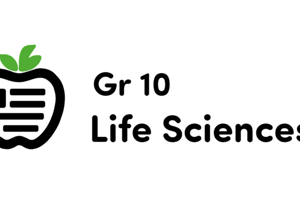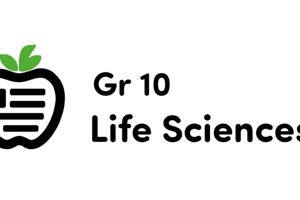Podcast
Questions and Answers
Which of the following characteristics defines empirical research?
Which of the following characteristics defines empirical research?
- Reliance on observable and measurable evidence (correct)
- Emphasis on philosophical questions
- Use of uncontrolled variables in experiments
- Subjective conclusions from personal opinions
What is the purpose of a literature review in research?
What is the purpose of a literature review in research?
- To ensure personal opinions are expressed
- To summarize existing research and identify knowledge gaps (correct)
- To collect data through experiments
- To formulate the research question
Which component of research includes the formulation of a specific testable proposition?
Which component of research includes the formulation of a specific testable proposition?
- Methodology
- Research Problem
- Hypothesis (correct)
- Analysis
Which of the following best describes a testable question?
Which of the following best describes a testable question?
What distinguishes hard science from other types of disciplines?
What distinguishes hard science from other types of disciplines?
What is a key characteristic of the analysis stage in research?
What is a key characteristic of the analysis stage in research?
Which question is considered non-testable?
Which question is considered non-testable?
In research, what does it mean for findings to be replicable?
In research, what does it mean for findings to be replicable?
Flashcards are hidden until you start studying
Study Notes
Hard Science
- Defined by its reliance on empirical evidence and established methods.
- Disciplines include physics, chemistry, biology, and earth sciences.
- Emphasizes quantitative data, reproducibility, and mathematical modeling.
- Experiments are often controlled and can be repeated by other researchers.
Characteristics of Research
- Systematic: Follows a structured plan or methodology.
- Objective: Aims to minimize biases and personal opinions.
- Empirical: Based on observable and measurable evidence.
- Replicable: Findings should be repeatable by others using the same methods.
- Critical: Involves rigorous analysis and questioning of results.
Components of Research
- Research Problem: The question or issue being investigated.
- Literature Review: Summary of existing research and theories related to the topic.
- Hypothesis: A proposed explanation or prediction that can be tested.
- Methodology: The approach and techniques used for data collection and analysis.
- Data Collection: Gathering empirical evidence through experiments, surveys, or observations.
- Analysis: Interpreting data to determine trends, patterns, or relationships.
- Conclusion: Summary of findings, implications, and potential for future research.
Testable Questions
- Can be answered through empirical investigation and experimentation.
- Typically framed as "What is the effect of [X] on [Y]?"
- Examples:
- "Does increasing temperature affect the solubility of salt in water?"
- "What is the impact of sleep duration on cognitive performance?"
Non-Testable Questions
- Cannot be answered through empirical data or experimentation.
- Often philosophical, subjective, or based on personal beliefs.
- Examples:
- "What is the meaning of life?"
- "Is democracy the best form of government?"
Hard Science
- Relies on empirical evidence and established scientific methods.
- Encompasses disciplines such as physics, chemistry, biology, and earth sciences.
- Prioritizes quantitative data, ensuring results can be numerically analyzed.
- Experimentation is controlled and findings can be reproduced by others.
Characteristics of Research
- Systematic: Adheres to a structured approach or established methodology.
- Objective: Strives to eliminate biases and subjective interpretations.
- Empirical: Grounded in observable and measurable information.
- Replicable: Research outcomes should be repeatable by independent researchers using the same techniques.
- Critical: Involves thorough analysis and questioning of research findings.
Components of Research
- Research Problem: Central question or issue prompting the investigation.
- Literature Review: Overview of current research and theories relevant to the topic.
- Hypothesis: Testable prediction or explanation that can guide the research.
- Methodology: Strategy detailing the techniques for data collection and analysis.
- Data Collection: Process of gathering empirical evidence through methods like experiments, surveys, or observations.
- Analysis: Examination of collected data to identify trends, patterns, or correlations.
- Conclusion: Summation of research findings, including implications and avenues for future studies.
Testable Questions
- Formulated to be answered through empirical research and experimentation.
- Commonly structured as "What is the effect of [X] on [Y]?"
- Illustrative examples include:
- "Does increasing temperature affect the solubility of salt in water?"
- "What is the impact of sleep duration on cognitive performance?"
Non-Testable Questions
- Cannot be explored through empirical data or experimental methods.
- Often pertain to philosophical inquiries, subjective viewpoints, or personal beliefs.
- Examples include:
- "What is the meaning of life?"
- "Is democracy the best form of government?"
Studying That Suits You
Use AI to generate personalized quizzes and flashcards to suit your learning preferences.




